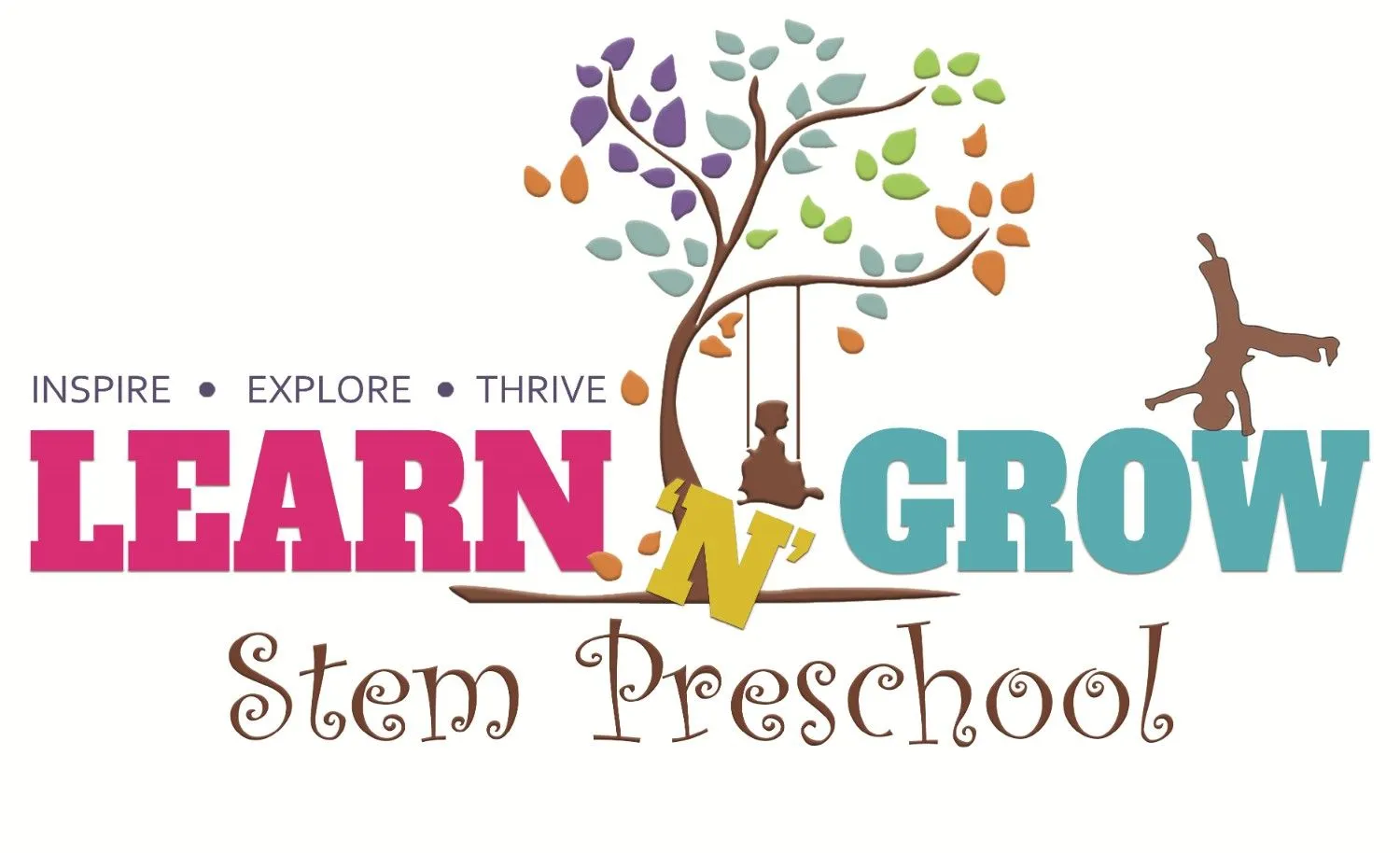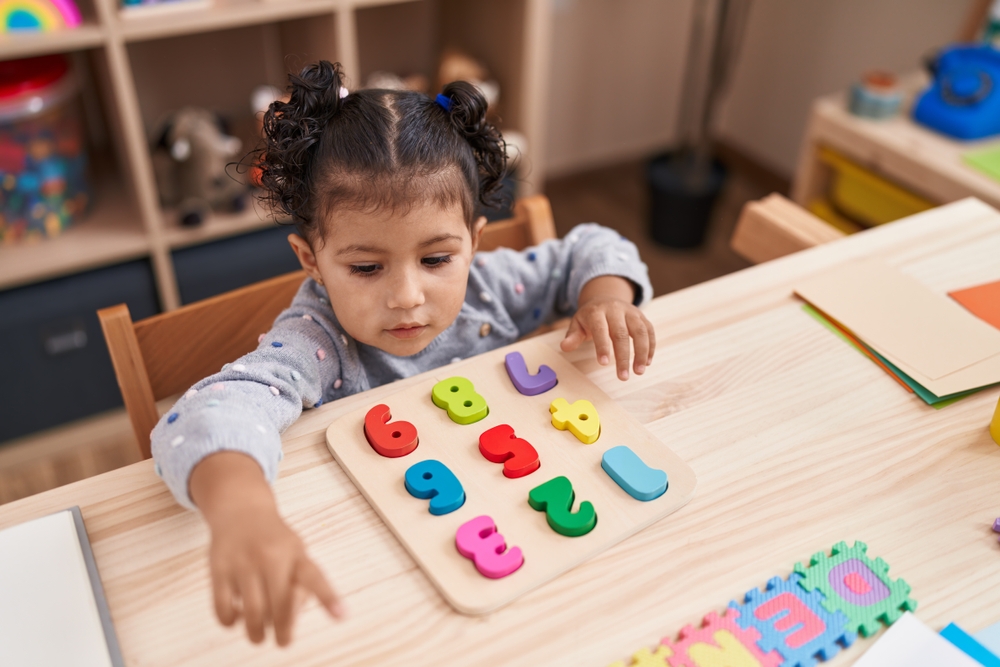Introduction:
Although many find it to be a hard subject, the basis for mathematics starts from the early years of a child. Some would even say that preschool is the most vital stage where children begin picking up the idea of numbers, shapes, and patterns. Fortunately, Preschool Education Frisco nurtures these basic skills through engaging activities to make learning fun and fruitful. This instills problem-solving, logical reasoning, and critical-thinking skills that go well beyond numbers. Fun, engaging, and informative lessons in preschool uphold mathematics as a platform for building constructive learning for life. Young math learners in Frisco, TX, are being exposed to innovative teaching approaches that are making math fun and attainable. Teachers use hands-on activities, play-based learning, and practical experience, such that, children will learn to be confident in their mathematical abilities. The next sections of this blog will discuss the basic principles behind early mathematics education and their impact on the cognitive and academic development of a child.
Number Sense and Counting – Building Blocks for Mathematics:
Kids Will Count in Different Ways By Engaging in Active Play:
Counting is among the first mathematical skills children begin to develop, and many preschool classrooms in Frisco make it a hands-on experience. Teachers reinforce learning counting with songs, rhymes, and stories to broaden the child’s natural understanding of sequential order in numbers. Many activities involve the actual counting of such objects as toys and blocks or even fingers to teach the skill of one-to-one correspondence. As they count and actually physically move objects around, students come to understand that numbers stand for discrete concrete quantities. With this varied experience based on the catalyst of play, it gets them a good number base from which they could recognize numbers in other situations, such as on clocks or calendars; and in books, they could be altogether different.
Hands-on Games for Number Recognition for More Learning:
Number recognition is very important for math and most of the best preschools in Frisco offer number recognition in a hands-on way. Flashcards, puzzles, and number-matching games help the child identify the number and relate that number to real-life objects. Teachers also teach counting challenges like sorting colored beads into mutual groups and correlating numbers to sets of objects. Both cognitive and motor skills are developed through these activities. The technology, interactive apps, and digital learning tools are used in teaching number recognition easily. Because this child engages with numbers every day, he grows comfortable with mathematical concepts very early.
Shapes, patterns, and spatial awareness: All about the development of logical thinking:
Artistic exploration and play-based learning of shapes:
Identification of shapes is not merely learning the different kinds of circular and square shapes; in fact, it embraces spatial consciousness and the quest for solutions. Creative activities in Frisco’s preschools, like shape-sorting games, building blocks, or interactive storytelling, help shape recognition. Children will start to correlate shapes in their everyday lives with the shape recognition they have learned, such as a circle being a clock or a rectangle being a book. As they do their art projects, they trace, draw, and cut out different kinds of shapes to make sure they learn the shapes visually and in the form of an activity. They also help them understand symmetry, sizes, and proportions as these are fundamental for their later learning in math. Hands-on play is the way this naturally develops spatial reasoning and observation skills in children.
Pattern introduction for circular thinking integration:
Patterns are, indeed, the backbone of mathematical reasoning, and preschools in Frisco teach them in fun ways. If it has to do with preschool education Frisco offers creative teaching methods that are applied so that children learn how to recognize a pattern by the fun and manipulative activities they participate in. The teachers use beads, colored blocks, and simple rhythm exercises that enable the children to recognize and create patterns. If a child can see patterns, he or she can make predictions about the next item in the sequence. This is an essential building block for reading and math. Games centered on patterns enhance memory and concentration when the children repeat the pattern and foresee what is likely next in that sequence. Fun learning is about learning to line up objects with a repeating color pattern or clapping rhythmically in even intervals. Small exercises like these build a foundation for more difficult concepts such as multiplication and division in later years.
Developing Measuring and Comparing Competence: Learning Through Daily Life:
Hands-On Comparison of Size, Length, and Weight:
Measurement develops mainly as a math skill a preschooler is taught. Specific activities within Frisco’s early education programs include comparing classmates’ heights, stacking blocks, or weighing different objects to help develop these concepts. Such children will learn, for example, to distinguish between big and small, tall and short, and heavy and light, with such comparisons being informed by real-world examples. Comparison by filling a number of cups with different amounts of water or actually measuring objects with rulers makes learning more real. Teachers would encourage them to explain what they see, building language at the same time as math. Comparisons build reasoning skills in children that will later help them solve problems.
Time, Distance, and Money: Connecting Mathematics to Real Life:
In Frisco, preschoolers are also beginning to play with abstract concepts of measurement such as time, distance, and money through play. Many preschools near McKinney TX use such similar interactively involving approaches to make measurement concepts fun and appealing to young learners. Teachers introduce the concept of time through clocks, timers, and the sequencing of events in daily routines, thus allowing children to construct a notion of sequencing different events while being engaged in class. From jumping activities to shorter races, children begin to intimately familiarize themselves with distance measuring. Also, pretend play with toy cash registers gives children the chance to recognize coins and understand basic transactions. Such experiences would provide a background for further development in the more complex areas of measurement as they grow. This way of connecting mathematics to the real world makes children aware of its importance and relevance.
Conclusion:
The bottom line is, that preschool math is not simply about counting numbers but rather logical thinking, problem-solving, and confidence with numbers. Preschool Education Frisco suggests that using one of the engaging active methods of learning, the pupil can be taught within a familiar frame to solve math tasks and be happy doing it. Hands-on activities, pattern recognition, and real-world applications begin building strong mathematical foundations for the children within Frisco preschools. Through interactive learning, they set up the basics of relevant skills like counting, measuring, and identifying patterns that promote their cognitive growth. Children develop a positive attitude toward education with fun and engaging learning in math, which is sustained through their academic living. Through investing in early math education, Frisco preschools are fully prepared to set up their learners for a certain amount of future success, that is, skills and confidence to function well in school and also in life.


w388 one thực sự là lựa chọn số 1 của mình! Từ game bài đến thể thao đều chất lượng cao. Đặc biệt chương trình VIP cực kỳ hấp dẫn. Thử ngay w388 one để biết vì sao!
Excellent insights on early math education! The connection between preschool math skills and later problem-solving abilities is remarkable. Similar to how interactive learning platforms engage young minds, tools like the kkkjili app demonstrate how engaging, gamified approaches can enhance cognitive development and pattern recognition skills that last a lifetime.